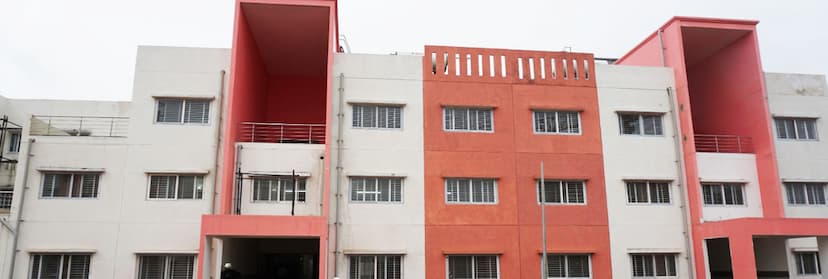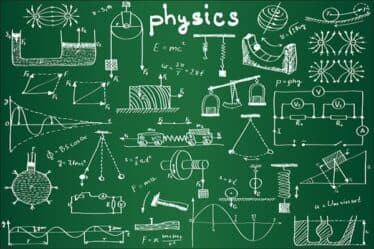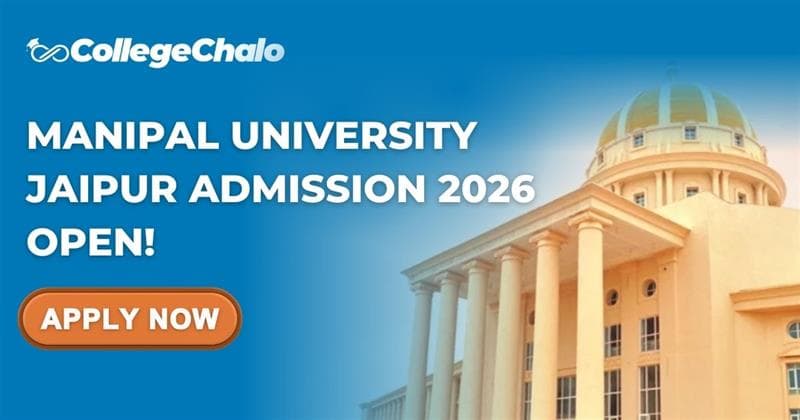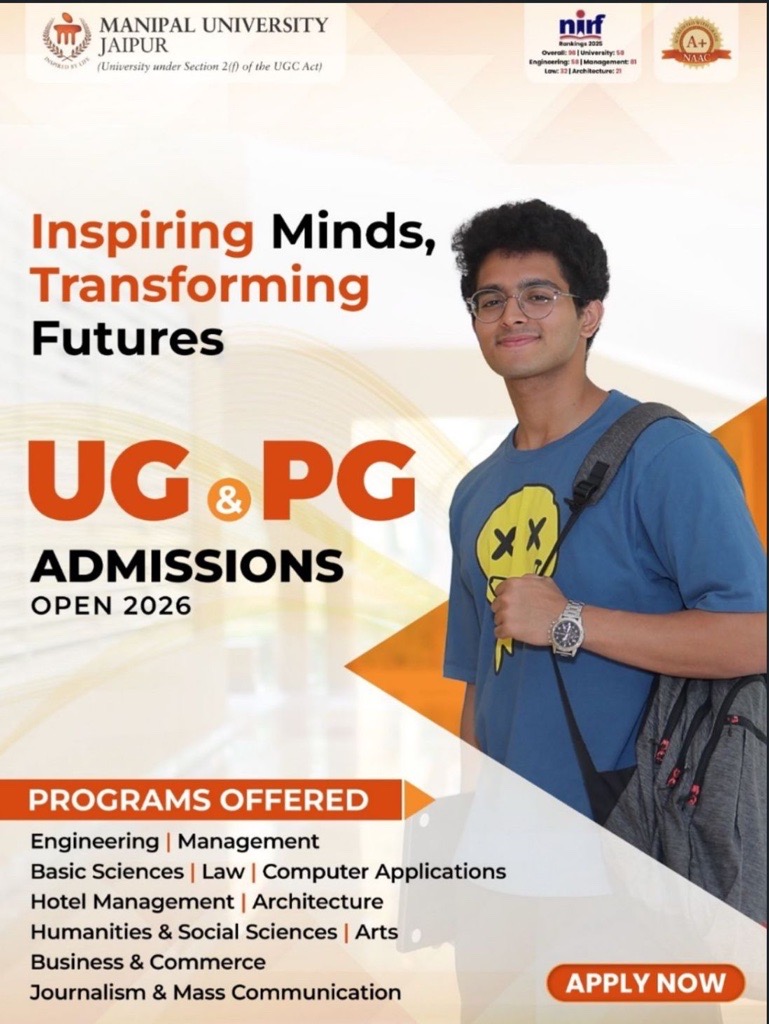NIT Andhra Pradesh encourages research in drug discovery
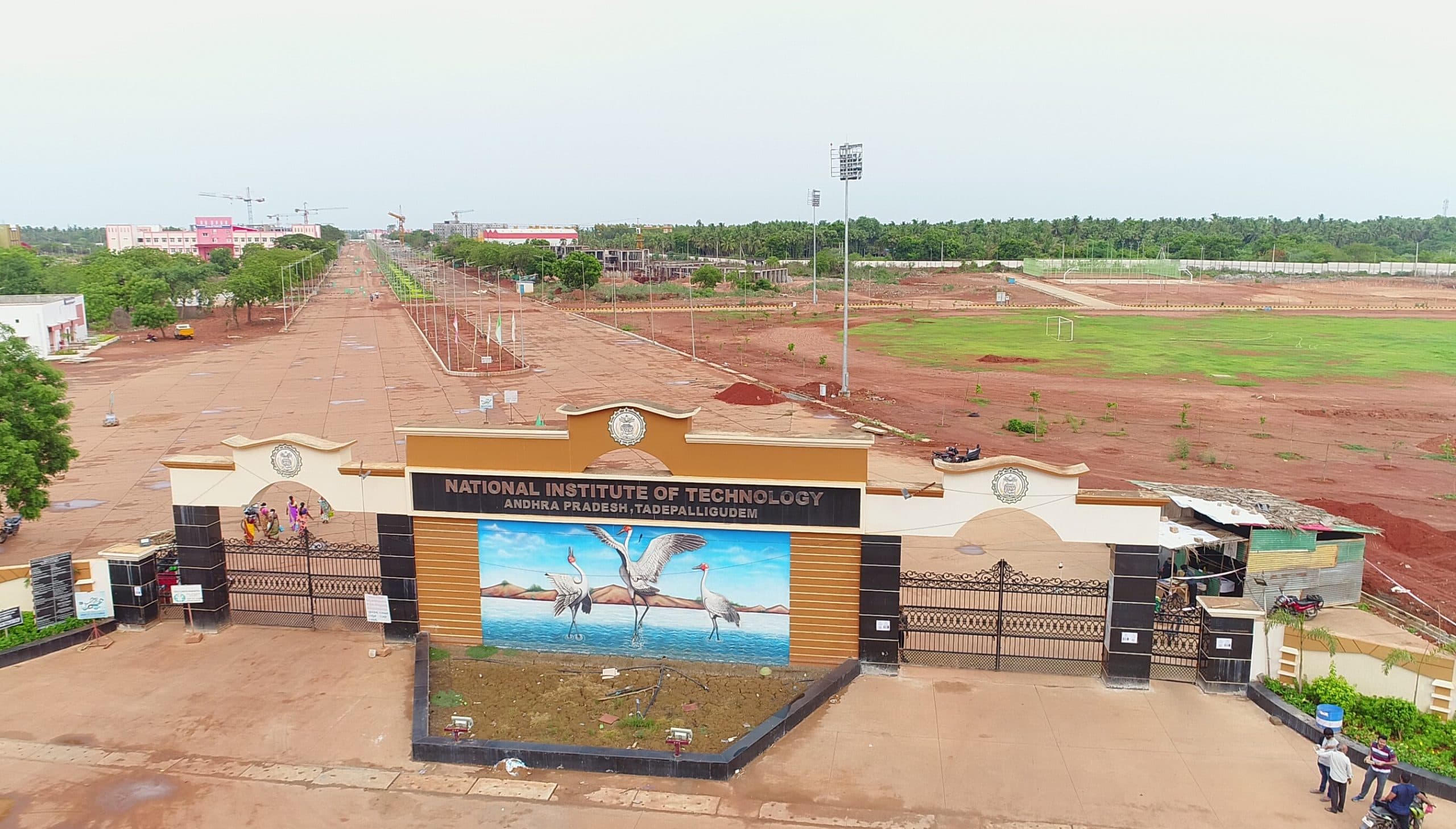
NIT Andhra Pradesh encourages research in drug discovery – NIT Andhra Pradesh is encouraging its faculty and researchers towards advancements in the field of drug development.
Drug discovery is about structure-based drug designing by high throughput screening and then understanding the pharmacokinetics and pharmacodynamics of the molecules to analyze its therapeutic potential, say sources from NIT Andhra Pradesh.


NIT Andhra Pradesh encourages research in drug discovery
What is the aim of the faculty development programme? To bring advancements in the field of Biomedical, healthcare and drug discovery research.
Speaking at the inauguration of the programme, NIT Andhra Pradesh director Professor C.S.P. Rao said research should be emphasized more on drug discovery and its delivery for recovering from various diseases by culminating science with modern technology.
In addition, emphasized on bridging the gaps in development of novel drugs by computation-based approaches like high throughput virtual screening, structure-based drug designing, pharmacokinetics of lead molecules and application of recent technology in healthcare sector, said NIT Andhra Pradesh director.

Thus, this FDP will encourage the participants especially research scholars, scientist, and faculty members for carrying out translational research using computational tools for bringing the drugs from lab to industry, he said.
This five-day faculty development programme of NIT Andhra Pradesh was intended for faculties, scientists, research scholars and industry professionals working in Drug discovery research as well as pharma sector, to impart advanced knowledge and cover the following core areas:
Ø Structure Based Drug Designing

Ø High throughput virtual screening of lead compounds
Ø Computational techniques to be used in Drug Development
Ø Pharmacodynamics and Pharmacokinetics of molecules
Ø Role of Technology in Healthcare

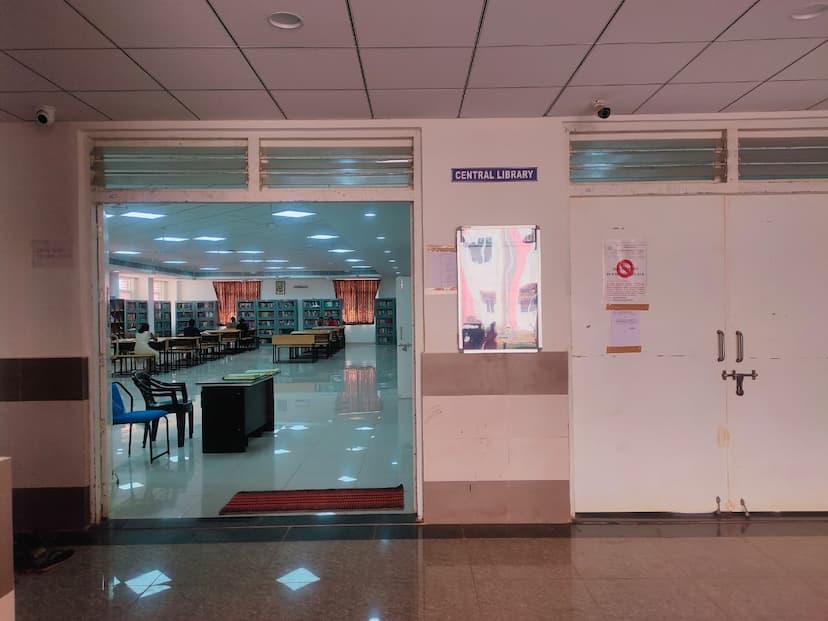
The catastrophic effect caused by COVID-19 pandemic has hampered the human life significantly, said Dr. Jagan while delivering the inaugural lecture at NIT Andhra Pradesh.
‘Scientist across the globe is now looking forward to find novel drugs and therapeutics to curb the menace of diseases caused by microbial infections.’
Also read ‘IIT Madras’s latest innovation ‘NeoBolt
Approximately, it will take around 10-15 years for any viable drug to enter the global market as it should pass through rigorous preclinical and clinical trials to get FDA approval, he said.
In addition, highlighted the significance of modern Insilco technologies for drug development to minimize the time duration involved in screening and development of drugs, said Dr. Jagan Mohan Rao.
NIT Andhra Pradesh encourages research in drug discovery
The top outcomes of this five day event by NIT Andhra Pradesh are:
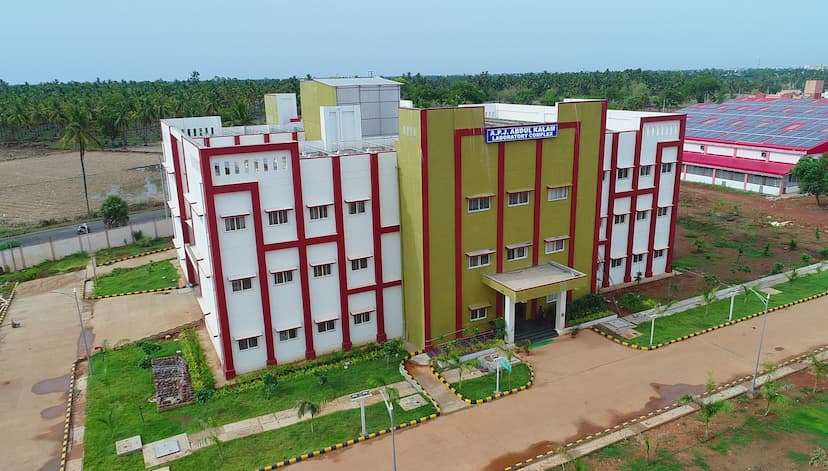
Ø Understanding the phases, a molecule has to go through for becoming a commercial drug
Ø Ideas to reduce the incubation time of these molecules in the process of drug development.
Professor Pallu Reddana from University of Hyderabad delivered a lecture on Drug Designing.
Professor Pallu Reddana said fundamental aspects of drug discovery process by identifying the target drug specific to the receptors.
He highlighted the importance of choosing the in vitro and in vivo bioassay for the identification of lead molecules.
He explained the role significance of analyzing the efficacy and safety of drug molecules using animal model studies.
‘Followed by the importance of phase I, II, III and IV clinical trials which will help in placing the drug in the market.’
He also addressed the impact of Omics technology in drug discovery process and emphasized on the current advancements in the technology.
The top speakers at this event included:
Ø Professor Pallu Reddana, UOH-Hyderabad
Ø Dr. Anthony Addiagatta, IICT-Hyderabad
Ø Professor Naidu Subbarao, JNU-Delhi
Ø Professor S. Rajagopal, UOH -Hyderabad
Ø Dr. Sonali Khanra and Dr. Vikas, Head, T-Hub, IIIT-Hyderabad
The research interests of faculty members include, Biochemical and Biophysical research, Molecular Modelling and Simulation, Bioinformatics and Computational Biology, Drug Delivery and Phytopharmacology, and Healthcare innovations.
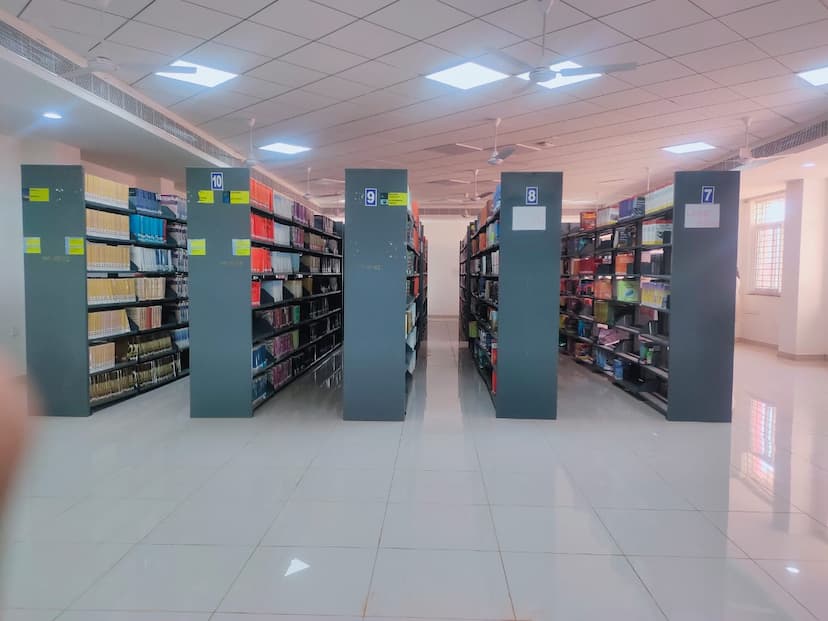
NIT Andhra Pradesh is established in the State of Andhra Pradesh during in the academic year 2015-16. A new campus has been established with 172.6 acres of land adjacent to Chennai-Kolkata Highway (NH-16) in the air-strip lands of Tadepalligudem. Presently the institute is fully running from the permanent campus.
NIT Andhra Pradesh offers B.Tech. programmes in eight engineering branches – Bio-Technology, Chemical Engineering, Civil Engineering, Computer Science and Engineering, Electrical Engineering, Electronics and Communication Engineering, Mechanical Engineering, and Metallurgical and Materials Engineering besides M.Tech. programme in eight specializations.
NIT Andhra Pradesh encourages research in drug discovery
The Institute also offers Ph.D. (both under Full-time and Part-time modes) programme in the above-mentioned engineering branches, Sciences, Humanities and Management, viz., Mathematics, Physics, Chemistry, English and Management, and M.S. (by Research) programme in the above-mentioned eight engineering branches.
NIT Andhra Pradesh has a total of140 Faculty members and 2,025 students, of whom 1,868 are undergraduate students, 54 are postgraduate students and 103 are PhD Research Scholars.
The Institute is committed to nurture and produce highly competent engineers, scientists and entrepreneurs committed towards catering to futuristic societal challenges through holistic education synergetic with innovations and vibrant research eco-system.
